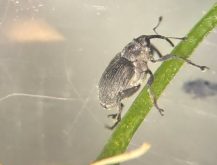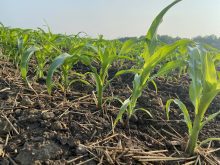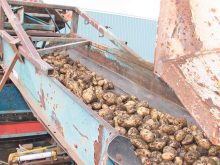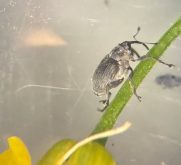Soil testing fields for clubroot spores, even if canola crops are not showing symptoms, is a good way to keep ahead of the disease, says Manitoba Agriculture’s oilseed specialist Dane Froese.
“It’s a great way to get tested ahead of time and know if you are near high risk,” he said.
If spores are detected, the levels give farmers an indication of the risk they face and provide an opportunity to take action to prevent spores building to levels that will hurt canola yields.
Read Also
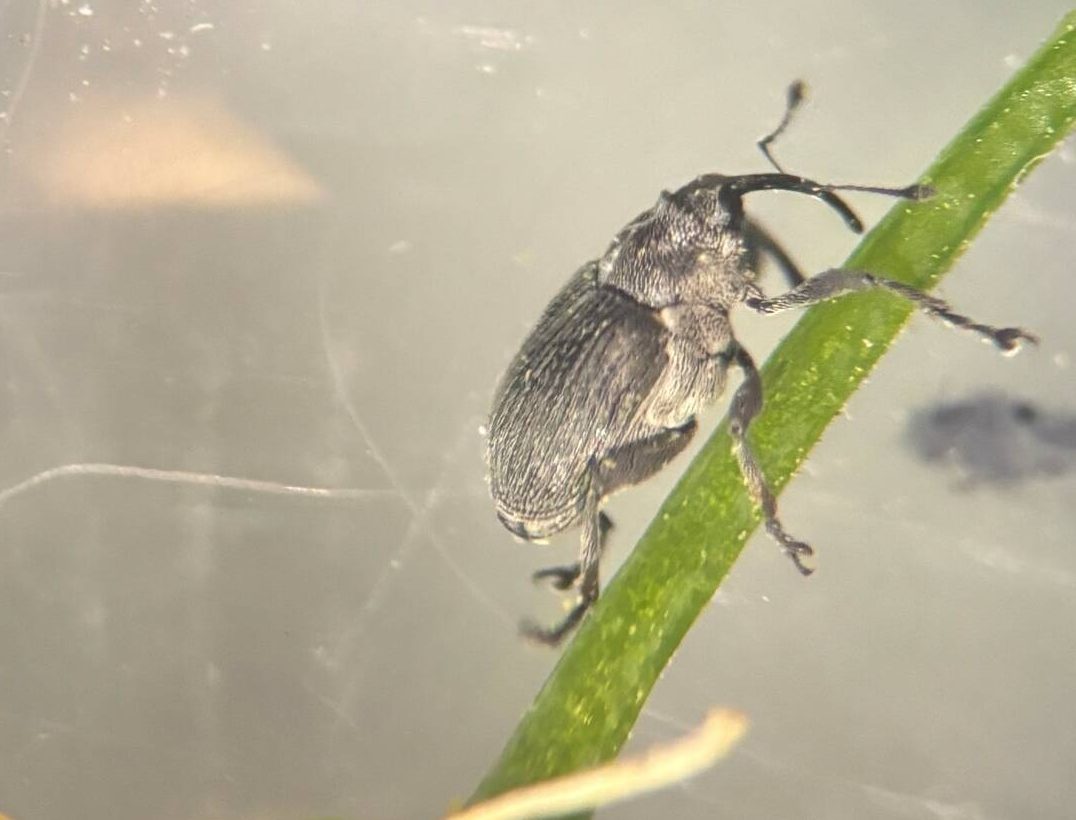
Cabbage seed pod weevil the surprise top canola pest in Manitoba for 2025
Get set to scout this summer. After a few years of low profile in Manitoba, cabbage seed pod weevil populations, among a few other pests, boomed here in 2025.
Manitoba’s Pest Surveillance Initiatives (PSI) laboratory in Winnipeg tests soil for clubroot spores.
Farmers should test in high-risk areas such as entrances to fields where clubroot-infected soil might have dropped off equipment, or in water runs where eroded soil could have come in from other fields, Froese said.
Manitoba Canola Growers Association (MCGA) members can get one free clubroot soil test a year.
Members can also get two other free tests. One is for blackleg, which if detected, includes identifying the races present in the field where the sample was taken.
The other is checking kochia to see if it is resistant to glyphosate.





